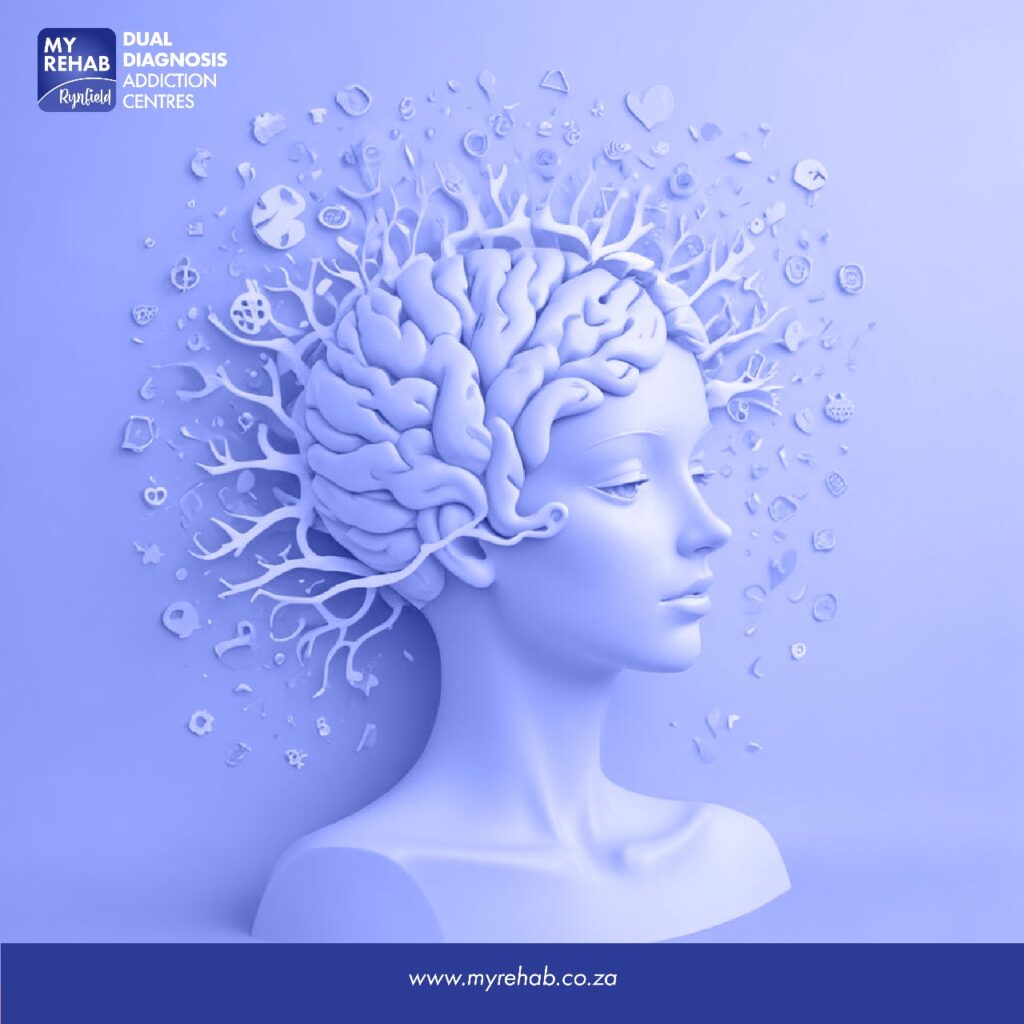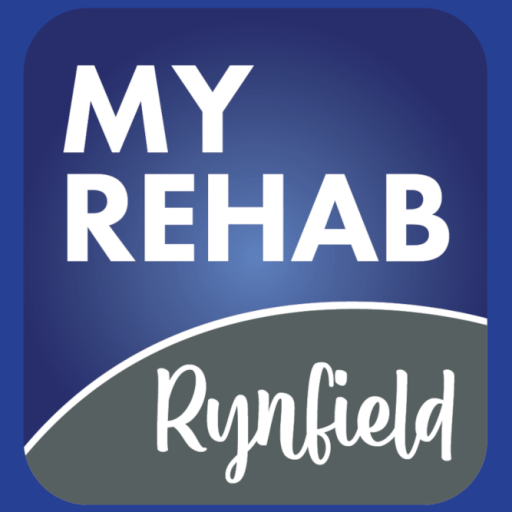
What Are Holistic Approaches in Drug Rehabilitation?
What Are Holistic Approaches in Drug Rehabilitation?
Holistic approaches in drug rehabilitation focus on treating the whole person—body, mind, and spirit. We utilize a blend of therapies, like yoga, meditation, and art therapy, to enhance emotional and physical well-being. These methods not only address addiction but also promote personal growth and self-discovery. By incorporating nutrition and community support, we foster connections that encourage recovery. This comprehensive strategy often leads to improved outcomes and lower relapse rates. As we explore the integration of these practices with traditional treatments, we uncover even deeper insights into effective rehabilitation strategies.
Definition of Holistic Approaches
Holistic approaches in drug rehabilitation focus on treating the whole person—body, mind, and spirit—rather than just the addiction itself. We recognize that addiction doesn’t exist in a vacuum; it’s intertwined with various aspects of our lives. By addressing emotional, psychological, and physical needs, we create a more comprehensive path to recovery.
These approaches often incorporate multiple therapies and practices. For instance, we might engage in therapy sessions that delve deep into our emotional struggles, while simultaneously participating in physical activities like yoga or meditation that promote wellness. This multi-faceted strategy allows us to heal on several levels and fosters a deeper understanding of ourselves.
Additionally, holistic rehabilitation emphasizes the importance of community and support systems. We often find strength in shared experiences, encouraging one another in our recovery journeys. By fostering connections, we create a network of understanding and support, which can be crucial in overcoming addiction.
Ultimately, holistic approaches invite us to explore our entire being, promoting balance and well-being as we work toward a healthier, drug-free life. By focusing on overall wellness, we empower ourselves to reclaim our lives and move forward positively.
Key Components of Holistic Rehabilitation
A successful holistic rehabilitation program typically includes a combination of therapies, physical activities, and community support to address our diverse needs in recovery. We often engage in various therapeutic modalities, such as individual counseling, group therapy, and art or music therapy, to explore our emotions and experiences. These therapies help us process our past while fostering self-awareness and resilience.
In addition to therapeutic practices, physical activities play a crucial role in our rehabilitation. Activities like yoga, meditation, and exercise not only improve our physical health but also enhance our mental well-being. By incorporating these practices, we can develop healthier coping mechanisms and reduce stress.
Community support is another key component that we can’t overlook. Connecting with peers who share similar experiences creates a sense of belonging and encourages accountability. Support groups and shared activities help us build a network that promotes healing and understanding.
Lastly, nutrition is often emphasized in holistic rehabilitation. A balanced diet can significantly impact our mood and energy levels, contributing to a more successful recovery journey. By addressing all these components, we give ourselves the best chance for lasting change and growth.
Benefits of Holistic Methods
Numerous benefits arise from incorporating holistic methods into our drug rehabilitation journey, enhancing both our physical and emotional well-being. By addressing the mind, body, and spirit, we create a balanced approach to recovery that fosters sustainable change.
First, these methods often promote a deeper connection with ourselves, helping us to understand the underlying issues contributing to our substance use. This self-awareness can empower us to make healthier choices moving forward.
Additionally, holistic practices frequently reduce stress and anxiety, essential factors in our recovery process. Techniques like meditation and yoga can help us cultivate a sense of calm, making it easier to navigate the challenges of sobriety.
Moreover, engaging in holistic therapies often strengthens our social connections. Whether through group activities or shared practices, we build supportive relationships that are crucial for lasting recovery.
Finally, these methods can enhance our overall physical health, improving our energy levels and vitality. By nourishing our bodies with proper nutrition and exercise, we set ourselves up for a more fulfilling life post-rehabilitation.
Incorporating holistic approaches into our journey offers a comprehensive pathway toward healing and renewal, ultimately enriching our lives in countless ways.
Common Holistic Therapies Used
Several effective holistic therapies can support our recovery journey by addressing various aspects of our well-being. These therapies not only promote healing but also help us cultivate healthier habits and coping mechanisms. By integrating these practices into our daily routines, we can enhance our overall quality of life.
Here are some common holistic therapies we might consider:
- Yoga and Meditation: These practices help us connect with our bodies and minds, reducing stress and promoting relaxation.
- Art and Music Therapy: Engaging in creative expression allows us to process emotions and experiences in a therapeutic way.
- Acupuncture: This ancient technique helps restore balance within our bodies, alleviating physical and emotional discomfort.
Integrating Holistic Approaches With Traditional Methods
Integrating holistic approaches with traditional methods enriches our recovery experience by addressing both the physical and emotional aspects of addiction. By combining evidence-based therapies with holistic practices, we create a more comprehensive treatment plan that meets our diverse needs. Traditional methods, like cognitive-behavioral therapy and medical detox, provide the essential framework for recovery, while holistic approaches enhance our overall well-being.
We often find that practices like yoga, meditation, and nutritional counseling help us develop healthier coping mechanisms. These techniques not only support our physical health but also foster emotional resilience. When we engage in mindfulness and self-reflection, we learn to understand the triggers that lead to substance use, empowering us to make better choices.
Moreover, integrating family therapy with holistic techniques strengthens our support systems, allowing us to heal together. This combination promotes open communication and encourages us to share our experiences, which is vital for lasting recovery. Ultimately, blending traditional and holistic methods helps us achieve a balanced lifestyle, leading to a more sustainable path to sobriety. By embracing this integrated approach, we’re better equipped to navigate the complexities of recovery and foster a fulfilling, drug-free life.
Success Stories in Holistic Rehabilitation
Many individuals have found transformative success in their recovery journeys through holistic rehabilitation, showcasing the powerful impact of combining traditional methods with alternative therapies. We’ve seen firsthand how these approaches foster deeper healing beyond just physical symptoms, addressing emotional and spiritual needs as well.
We can share several inspiring success stories:
- Mindfulness and Meditation: Many participants have reported reduced cravings and increased emotional stability through mindfulness practices, allowing them to manage stress more effectively.
- Yoga and Movement Therapy: Engaging in yoga has helped individuals reconnect with their bodies, promoting physical fitness while enhancing mental clarity and self-acceptance.
- Nutritional Counseling: Those who’ve embraced nutritional support often mention improvements in overall well-being, which boosts their resilience in recovery.
These stories remind us that holistic rehabilitation can lead to profound, lasting changes. By integrating various therapeutic modalities, we’re not just treating addiction; we’re nurturing the whole person, paving the way for a brighter future.
How Do Holistic Approaches Differ Across Cultures in Drug Rehabilitation?
We notice that holistic approaches vary widely across cultures, reflecting unique beliefs and practices. Some emphasize community support, while others focus on spirituality or nature, showing how cultural values shape recovery methods and experiences.
Are There Specific Qualifications for Holistic Therapy Practitioners?
We believe specific qualifications for holistic therapy practitioners vary widely. Typically, they should have formal training in their chosen modalities, relevant certifications, and experience working with clients, ensuring they provide effective and safe support.
What Is the Cost Comparison Between Holistic and Traditional Rehabilitation Methods?
We’ve noticed that costs can vary widely. Holistic methods might seem pricier initially, but they often lead to better long-term outcomes, while traditional rehab can sometimes come with hidden fees that add up quickly.
Can Holistic Methods Be Effective for Chronic Relapsers?
We believe holistic methods can be effective for chronic relapsers. By addressing emotional, physical, and spiritual needs, we create a supportive environment that fosters lasting recovery and enhances overall well-being, encouraging individuals to stay committed.
How Long Does a Holistic Rehabilitation Program Typically Last?
Holistic rehabilitation programs typically last anywhere from 30 days to several months, depending on individual needs. We’ve seen that longer durations often lead to deeper healing and more sustainable recovery outcomes for participants.
